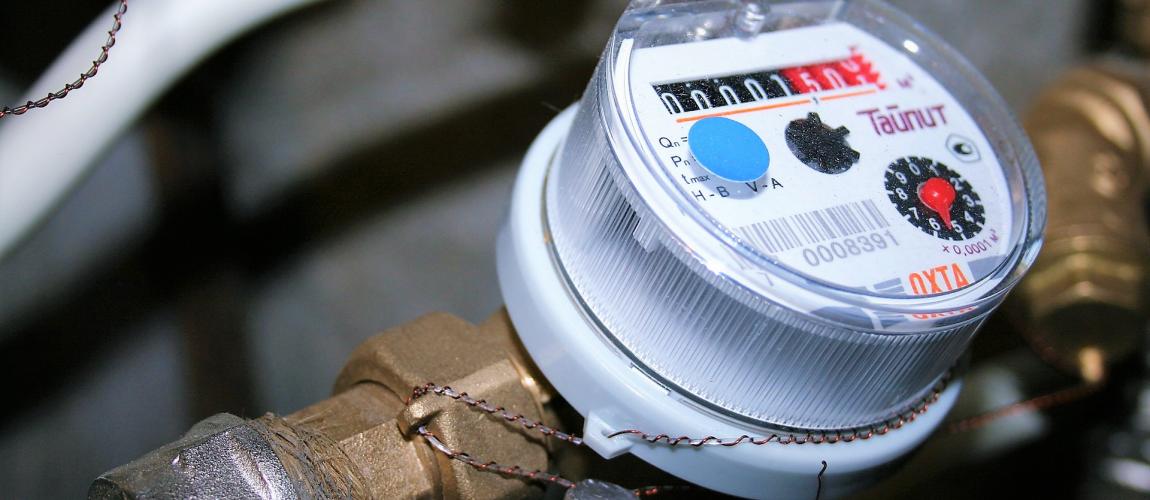Management/Operation and Maintenance Contracts

Photo Credit: Image by delo from Pixabay
Management contracts and Operation and Maintenance (O&M) contracts are contracts governing a type of public-private partnership (PPP) agreement. This section explains key features of this type of arrangement, provides sample contracts, bidding documents and checklists.
The term "management contract" has been applied to cover a range of contracts from technical assistance contracts through to full-blown operation and maintenance agreements and so it is difficult to generalize about them. The main common features are that the awarding authority engages the contractor to manage a range of activities for a relatively short time period (2 to 5 years). Management contracts tend to be task specific and input rather than output focused. Operation and maintenance agreements may have more outputs or performance requirements. The simplest management contracts involve the private operator being paid a fixed fee by the awarding authority for performing specific tasks - the remuneration does not depend on collection of tariffs and the private operator does not typically take on the risk of asset condition. Where the management contracts become more performance-based, they may involve the operator taking on more risk, even risk of asset condition and replacement of more minor components and equipment. Also check: For an analysis of whether a management contract is the most appropriate solution in a given situation, go to Benefits and Risks of PPPs. The World Bank has developed a Standard Form Management Contract together with Bidding Document and Technical Note recommended for use on water and energy projects the Bank is funding. Also included is a Technical Note discussing management contracts and their preparation. Go to the General Conditions in the Bidding Documents for the contract itself. For a viewpoint of a management contract working in practice in the water sector in Venezuela, please check Management Contracts and Water Utilities: The Case of Monagas State in Venezuela. Please see the Water & Sanitation PPP section for multiple examples of water management / O&M contracts, as well as other types of PPP agreements in that sector. The World Bank has developed a Standard Form Management Contract together with Bidding Document and Technical Note recommended for use on water and energy projects. Go to the General Conditions in the Bidding Documents for the contract itself. The following have been developed for a World Bank funded project looking at the introduction of private sector operator in the electricity sector through a management contract: Checklist of the legal due diligence issues that should be addressed by local lawyers in preparing an electricity management contract: Due Diligence Checklist. There are a number of existing arrangements in place which resemble operating or franchise agreements for trams and rail. For examples, look at:What Are Management and "Operation and Maintenance" Contracts?
Key Features of Management/O&M Contracts
Example Management/O&M Contracts by Sector
Water and Sanitation
Power
Rail and Trams
Roads
Updated: January 29, 2022